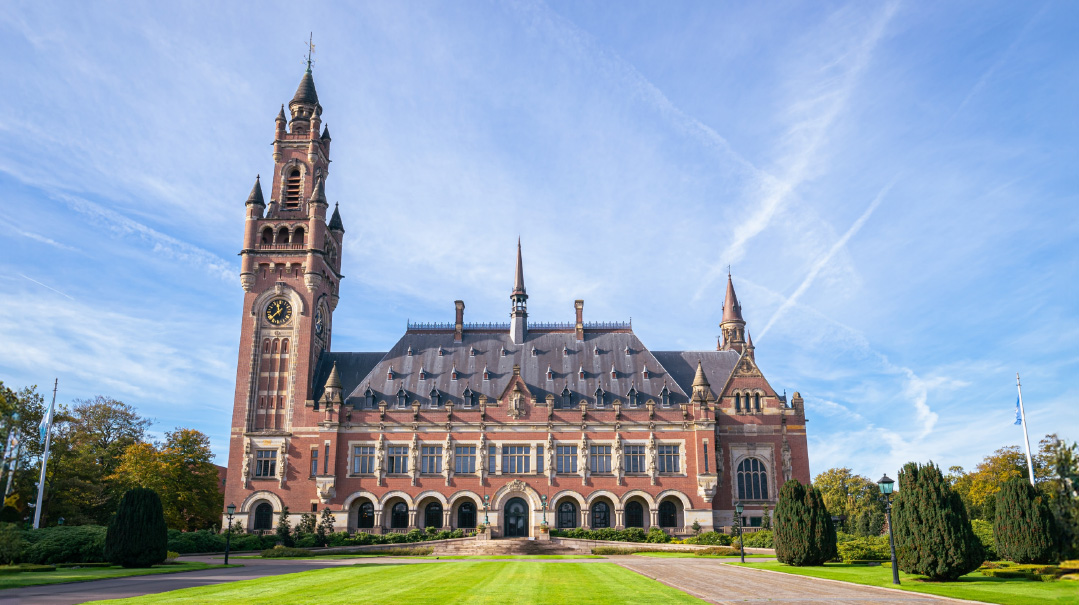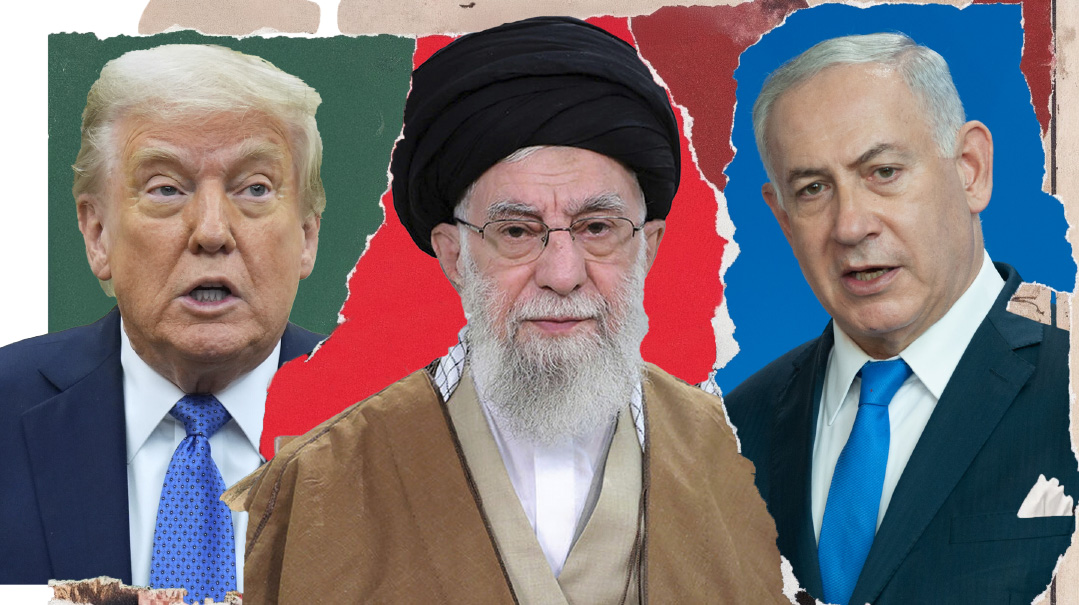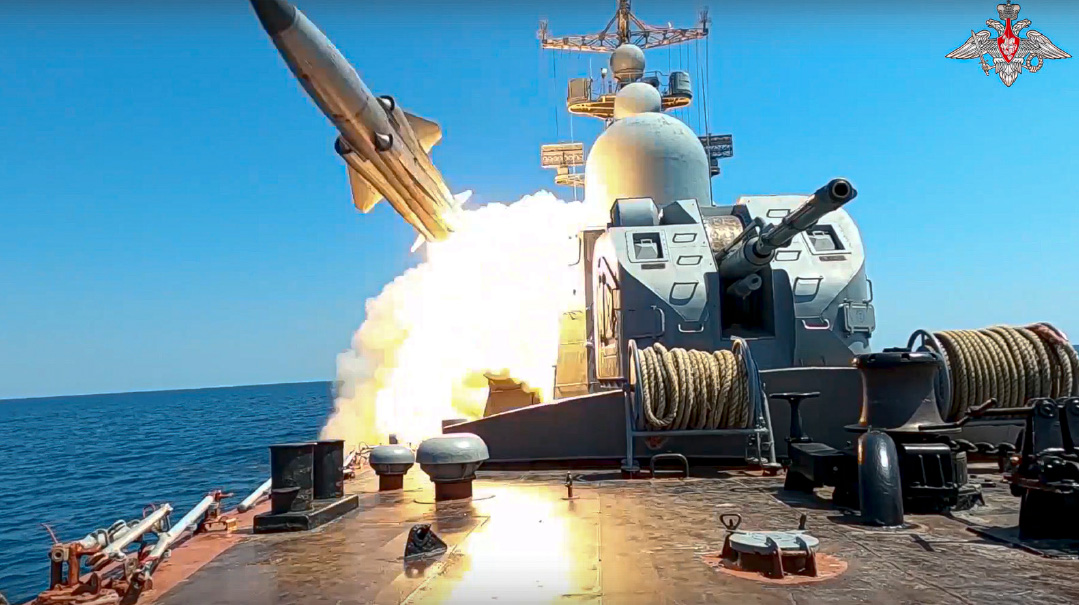Holding on at the Hague
| January 30, 2024It is important to remember that the ICJ is just another organ of the problematic United Nations

ONFriday, January 26, the United Nation’s International Court of Justice released a set of interim orders in the proceedings that South Africa initiated against the State of Israel, in which it accused the Jewish state of committing genocide in Gaza.
This was only an interim decision, because this was just the first preliminary stage of the case. At this point, the question before the Court was not on the merits of the matter — i.e., the Court was not deciding whether or not Israel has actually committed genocide — but rather on jurisdiction, meaning the Court was being asked to determine, for itself, if it should even have the power to consider at some future date whether or not Israel has committed genocide.
That limited question turned on whether the judges felt that South Africa’s accusations were even plausible, a finding that requires a very low evidentiary standard. Not surprisingly, they found that “at least some of the acts and omissions… appear to be capable of falling within the provisions of the genocide convention,” and therefore granted themselves the authority to eventually hear the arguments.
In the meantime, they also issued some temporary measures that South Africa had asked for. But just as important as what the judges said is what they refused to say, and while the ruling is not the immediate dismissal of the case that Israel sought, it is far more of an embarrassing defeat for South Africa and its Hamas-supporting allies.
Background
The decision came in response to an application that was genuinely absurd. By all accounts, including South Africa’s, Israel has the military capacity to destroy Gaza in a matter of minutes — if it so desired. Noticeably, Israel has not done so, and instead has taken extreme measures to protect innocent civilians. Compare that lack of genocide and genocidal intent with, for example, the actions and intent of Hamas, a group that has repeatedly vowed and tried to commit genocide.
The comparison is important, because throughout South Africa’s filing, and later its oral argument, the entire context of Israel’s military response in Gaza was completely, indefensibly ignored. South Africa did not bother mentioning that Israel did not start this war, and nowhere did they even consider the possibility that Israel’s actions are lawful under the doctrines of military necessity, proportionality, force protection, or deterrence in responding to a terrorist organization.
Those omissions, of course, are fatal to South Africa’s case — which is why they omitted them. Nevertheless, South Africa still tried to leap-frog the entire judicial process. They demanded that even before the judges take the time to decide on the merits, they should immediately declare that Israel must stop committing genocide and “suspend its military operations in and against Gaza.”
Thankfully, the Court did neither of those things, and instead implicitly recognized the fundamental flaw in South Africa’s presentation of the facts.
What Happened
The Court began its decision by pointedly doing something South Africa had not done: In the very first paragraph of their analysis, the judges put Israel’s actions in the context of a military response to the October 7 massacre. That simple framing of the issues tacitly acknowledged Israel’s invocation of the right to self-defense, and that alone is crucial, because — under ICJ jurisprudence — a finding of genocidal intent requires that it be “the only inference that could reasonably be drawn from the acts in question.”
If Israel is even arguably acting in self-defense, then there cannot be a future finding of genocide on the merits. And while the Court ruled that it does have the jurisdiction to officially decide that question later, the judges also made it abundantly clear that they do not really think Israel is currently violating the convention. They expressed this sentiment in two ways.
First and foremost, the ICJ denied South Africa its main stated goal, a court-ordered cease-fire. If the judges really felt that there was an ongoing genocide in Gaza, they would not have been shy to demand that it stop. In 2022, for example, the ICJ ordered that Russia immediately suspend its military operations in Ukraine as part of the provisional measures in a case brought under the same genocide convention.
Second, on a technical level, as opposed to South Africa’s request that they demand Israel desist from committing genocidal acts (which would imply some past commission) the Court merely asked that Israel prevent any genocidal acts from taking place in the future — which Israel has no problem doing. The Court also demanded that Israel prevent and punish incitement to genocide; take effective measures to allow humanitarian assistance; take effective measures to prevent destruction of evidence; and submit a report to the Court on compliance with these measures within a month.
There are some aspects of the decision that Israel rightly finds problematic; pretending that there is “plausibility” to some of South Africa’s claims is legally wrong and potentially damaging to Israel’s international reputation and its diplomatic affairs. The fact that Hamas released an official statement praising the ruling as “an important development which contributes to isolating Israel” speaks volumes about South Africa’s partially achieved motivations in this space.
But at the end of the day, the Court did not label Israel genocidal, or order it to stop. Instead, the Court told Israel to be careful, and called for the “immediate and unconditional” release of all hostages. Halevai that everyone would listen — but note the sudden lack of media voices calling for compliance with this last directive.
What’s Next
Article 94 of the UN Charter provides that judgments of the ICJ are binding and unappealable. While the ICJ has no stand-alone enforcement mechanism, if its rulings are not implemented, then the Security Council can vote on measures to give effect to any of its judgments. Now that the ruling has been handed down, the secretary general will inform the Council about the provisional measures, and it is their decision whether or not to take any further actions. Of course, there are always political dynamics at play, including the ability of a permanent member, like the United States, to veto problematic resolutions.
Practically speaking, the Court ruled that Israel should continue taking actions it is already taking, and so in the immediate future, not much is likely to change on the ground. Longer term, because the Court did not simply dismiss South Africa’s case, Israel will be forced to continue responding to this lawfare campaign in the courtroom. At the next preliminary stage, it will have the opportunity to raise various other objections to the Court’s jurisdiction, and then there will be additional motion practice for years, including the filing of various briefs by both sides, and by other states that wish to intervene. It is highly unlikely that Israel will be found guilty of committing genocide; as evidenced by their declining to order a cease-fire, the ICJ already knows that there is no violation. This is all about theater, and they just want more time on the stage.
From a broader perspective, it is important to remember that the ICJ is just another organ of the problematic United Nations, with judges elected by the clearly biased General Assembly and Security Council. It’s great that this time Israel came out (mostly) unscathed, but it remains as true as ever that double standards are at play, and that we only have one Judge we can ever truly rely on.
(Originally featured in Mishpacha, Issue 997)
Oops! We could not locate your form.







